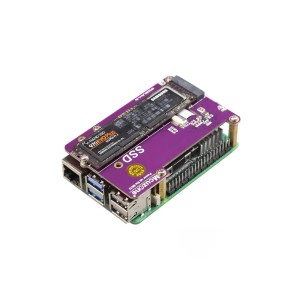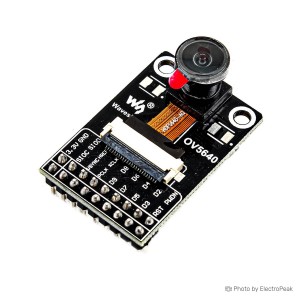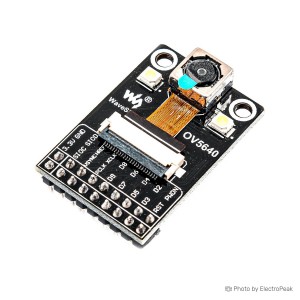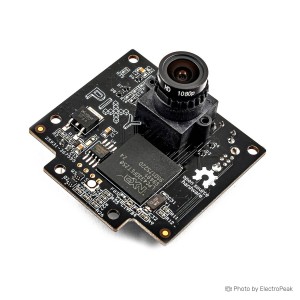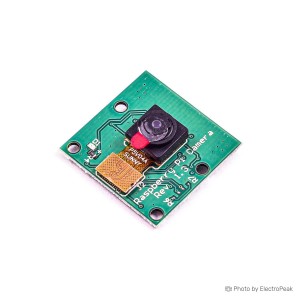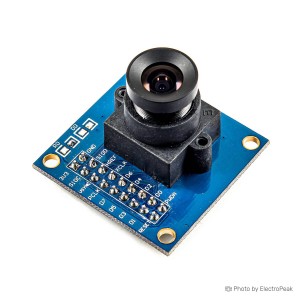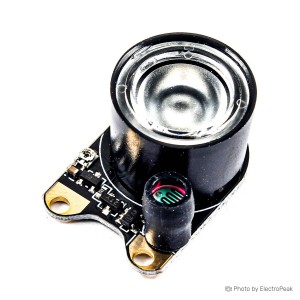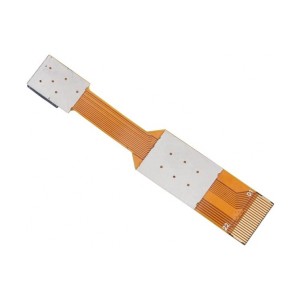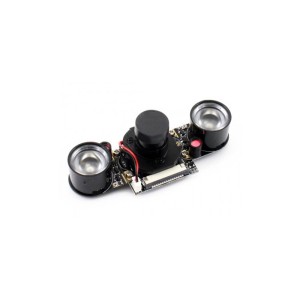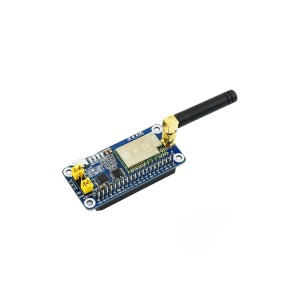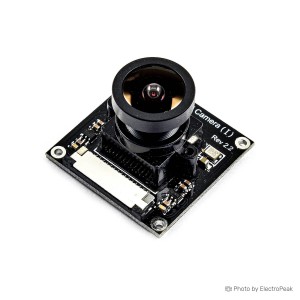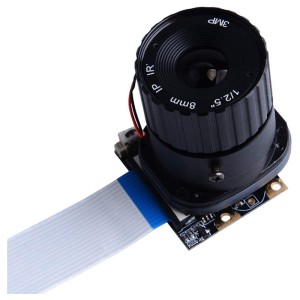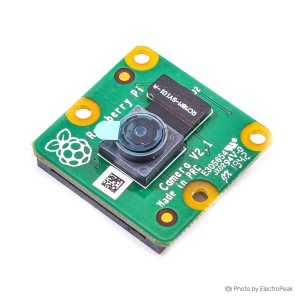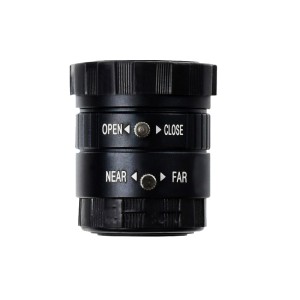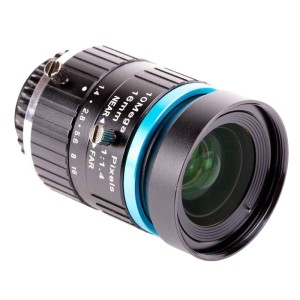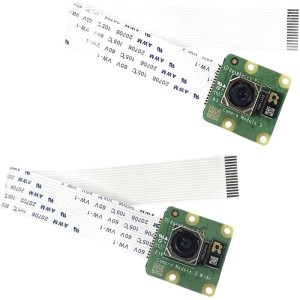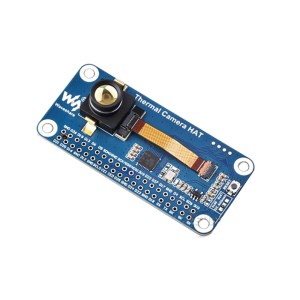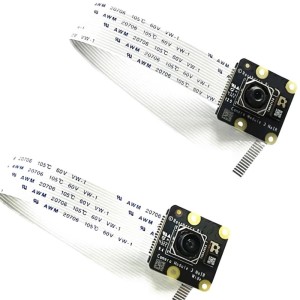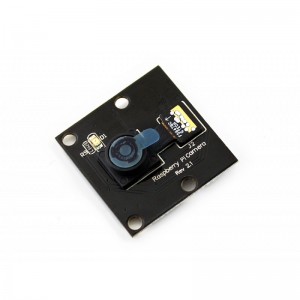Absolutely! The Raspberry Pi Camera modules, such as the popular Raspberry Pi Camera Module V2.1, fully support live video streaming. Whether you're looking to set up a surveillance system, conduct remote monitoring, or simply stream creative projects in real-time, the Raspberry Pi cameras deliver impressive capabilities. By leveraging software like the Raspberry Pi Camera Module or utilizing platforms like MotionEyeOS, users can easily configure their Raspberry Pi to stream high-quality video over the internet. This feature makes Raspberry Pi cameras versatile for applications requiring live visual feeds, enhancing their usability across various projects.
Raspberry Pi Camera
Raspberry Pi Camera
A Raspberry Pi Camera is a compact imaging solution designed specifically for Raspberry Pi single-board computers. These modules capture still images and record video, expanding the creative possibilities of Raspberry Pi projects. With features like varying resolutions, infrared capabilities, and specialized lenses, Raspberry Pi cameras empower users to delve into photography, videography, surveillance, and more within the Raspberry Pi ecosystem.
Price of Raspberry Pi Cameras
The cost of Raspberry Pi cameras varies based on factors such as resolution, additional features, and brand. While basic models like the OVA5647 Raspberry Pi Camera Board V1.3 offer an affordable entry point, more advanced options, such as the Raspberry Pi Infrared Night Vision Camera Module, may come at a slightly higher price. When selecting a camera module, consider your project requirements and desired features within your budget.
Tips for Buying a Raspberry Pi Camera
Resolution: Choose a camera with a resolution that aligns with your project needs. Higher megapixel counts, such as the 8-megapixel Raspberry Pi Camera Module V2.1, offer sharper images.
Night Vision: If low-light scenarios are anticipated, opt for models like the Raspberry Pi Infrared Night Vision Camera Module for enhanced visibility.
Specialized Lenses: Consider cameras with specialized lenses, like the Waveshare Fisheye Lens, for unique visual effects or broader field coverage.
Compatibility: Ensure compatibility with your specific Raspberry Pi model, and check for any additional accessories required for seamless integration.
Brand Reputation: Choose reputable brands known for producing reliable and compatible camera modules for Raspberry Pi projects.
Application Specifics: Tailor your choice to the intended application, whether it's photography, video recording, surveillance, or experimental visual projects.
Popular Models of Raspberry Pi Cameras:
Can I use the Raspberry Pi Camera for live video streaming?
What is the night vision range of the Raspberry Pi Infrared Night Vision Camera Module?
The Raspberry Pi Infrared Night Vision Camera Module is designed for low-light and nighttime scenarios, offering an effective night vision range. With its infrared capabilities, this module allows the Raspberry Pi to capture clear images in complete darkness. The exact range may vary, but it is generally suitable for surveillance, security, or any projects demanding visibility in low-light conditions. This makes the Infrared Night Vision Camera Module an excellent choice for applications that extend beyond daylight hours.
How does the infrared feature work on the Raspberry Pi Infrared Night Vision Camera Module?
The infrared feature on the Raspberry Pi Infrared Night Vision Camera Module relies on infrared (IR) LEDs surrounding the camera lens. These LEDs emit infrared light that is invisible to the human eye but detected by the camera sensor. When ambient light levels drop, the infrared LEDs illuminate the surroundings, allowing the camera to capture clear images even in total darkness. This mechanism enhances the module's functionality for applications where traditional lighting is not feasible or desirable.
Can I record time-lapse videos with Raspberry Pi cameras?
Absolutely! Raspberry Pi cameras, including the Raspberry Pi Camera Module V2.1 and others, support the recording of time-lapse videos. Users can achieve this by configuring the camera settings and specifying the desired time intervals between frames. Utilizing software like raspistill or raspivid, users can script and automate the capture of images at defined intervals, subsequently compiling them into a time-lapse video. This feature is popular for capturing gradual changes in scenery, construction projects, or creative visual projects over an extended period.
Can I use a USB webcam as a Raspberry Pi Camera?
While the Raspberry Pi Camera modules are specifically designed for Raspberry Pi compatibility, it is possible to use a USB webcam with a Raspberry Pi. The process involves connecting the USB webcam to one of the Raspberry Pi's available USB ports. However, it's important to note that not all USB webcams are guaranteed to work seamlessly with Raspberry Pi due to varying driver support. Users should check the compatibility of the specific webcam model with the Raspberry Pi and may need to configure software settings to utilize the webcam effectively. Keep in mind that USB webcams may have limitations compared to dedicated Raspberry Pi Camera modules in terms of features and optimized integration.
